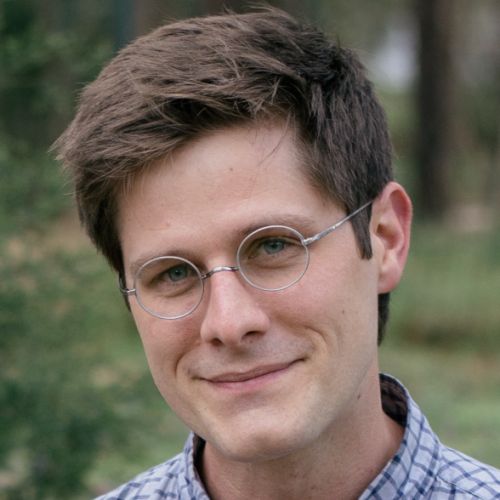
Synoptic Singularity? The Chronicler’s Redaction of Samuel-Kings and Gospel Composition
One of the puzzles facing scholarship on gospel relationships is explaining the high yet varying degree of verbatim agreement among the Synoptics. On antiquity’s compositional spectrum, this high but inconsistent verbatim agreement appears anomalous to many. Some scholars point to the Synoptists’ scribal education to make sense of the data. This article highlights the fact that the Chronicler’s use of Samuel-Kings exhibits a similar dynamic, a phenomenon that has received little attention from scholars investigating the use of sources among ancient authors. Given this compositional overlap, I propose that the Synoptists, having been immersed for years in the warp and weft of sacred Jewish texts in a Greek-speaking synagogal school, took note of and ultimately imitated the Chronicler’s redaction of Samuel-Kings in composing their gospels. After presenting the evidence of the Chronicler’s varying compositional technique, the study concludes with implications and indicates further how attention to the Chronicler’s redaction of Samuel-Kings sheds light on the question of the feasibility of scribal reordering of sources in antiquity.
Duke Scholars
Published In
DOI
EISSN
ISSN
Publication Date
Volume
Issue
Start / End Page
Related Subject Headings
- 5005 Theology
- 5004 Religious studies
- 2204 Religion and Religious Studies
- 2103 Historical Studies
Citation

Published In
DOI
EISSN
ISSN
Publication Date
Volume
Issue
Start / End Page
Related Subject Headings
- 5005 Theology
- 5004 Religious studies
- 2204 Religion and Religious Studies
- 2103 Historical Studies

